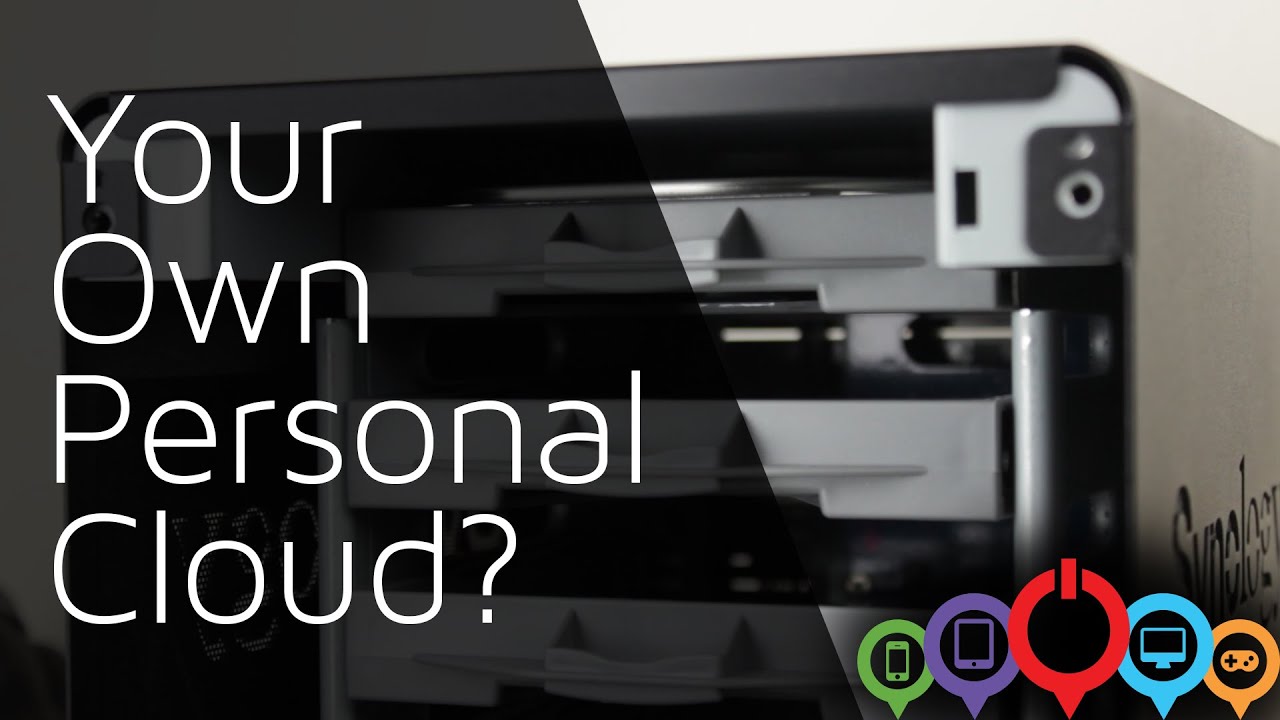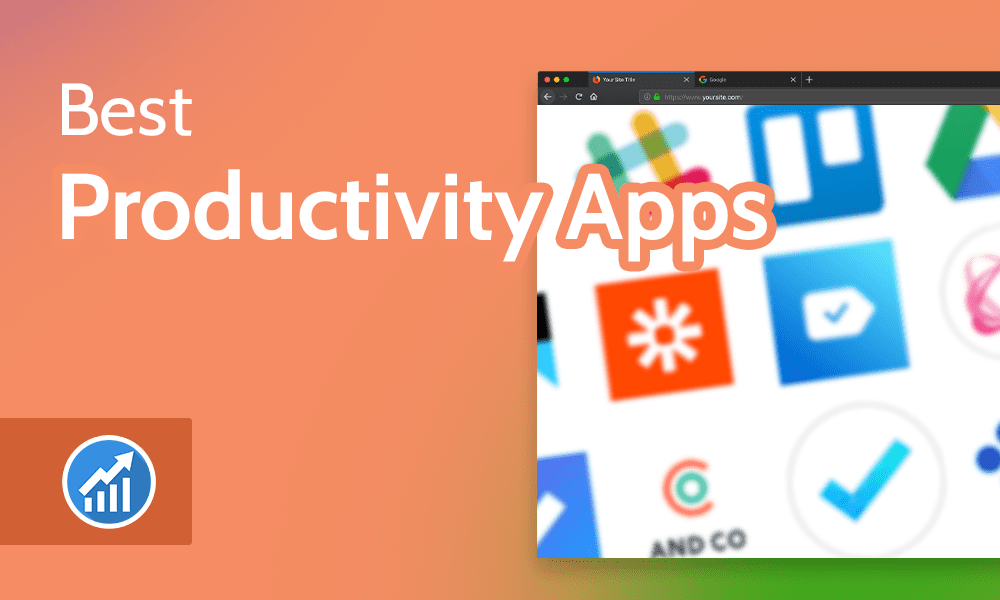
Setting up your own personal cloud offers significant benefits in terms of control, privacy, cost, and flexibility. Here are the primary reasons to consider creating your own personal cloud:
1. Complete Data Control
- Ownership:
- Unlike third-party services, your data remains entirely under your control.
- No Third-Party Policies:
- Avoid restrictions on file types, sizes, or access rules imposed by commercial cloud services.
2. Enhanced Privacy
- No Data Mining:
- Personal clouds prevent third parties from analyzing or selling your data for marketing purposes.
- Local Storage:
- Your files are stored at home or in a location of your choosing, reducing exposure to global data breaches.
3. Cost Efficiency Over Time
- No Recurring Fees:
- After the initial investment in hardware, there are no ongoing subscription costs.
- Scalable Storage:
- Add drives or upgrade capacity as your data grows without paying for higher-tier plans.
4. High Accessibility
- Anywhere Access:
- With the right setup, you can access your data remotely from any device.
- Multi-Device Synchronization:
- Sync files across computers, smartphones, and tablets seamlessly.
5. Customization and Flexibility
- Personalized Features:
- Use specific software or apps tailored to your needs (e.g., Nextcloud, Plex).
- Adapt to Different Use Cases:
- Store photos, stream media, share files, or back up devices—all in one system.
6. Secure Backup Solution
- Automated Backups:
- Set up scheduled backups from your devices to ensure data safety.
- RAID and Redundancy:
- Protect against drive failures by using redundant configurations like RAID.
7. Large Storage Capacity
- Expandable Storage:
- Store terabytes of data without worrying about hitting a subscription cap.
- Ideal for Media Collections:
- Perfect for storing and accessing high-resolution photos, 4K videos, and large file archives.
8. Improved Security
- Customizable Security Measures:
- Use strong encryption, firewalls, and access controls to protect your cloud.
- Offline Options:
- Disconnect your personal cloud from the internet for additional security.
9. No Bandwidth Throttling
- Consistent Performance:
- Unlike some third-party services that throttle speeds, your personal cloud operates at the full potential of your network.
- Local Network Benefits:
- For on-premises devices, data transfer is fast and does not depend on internet speed.
10. Support for Multiple Users
- Family and Team Sharing:
- Share your cloud with family members or teammates, giving each their own space and permissions.
- Custom Accounts:
- Control user access to specific folders or features.
11. Integration with Smart Home and Media Servers
- Centralized Media:
- Stream videos, music, and photos to TVs, smart devices, or computers.
- Smart Home Sync:
- Integrate with IoT devices for seamless access to shared resources.
12. Long-Term Reliability
- No Service Shutdowns:
- Avoid disruptions caused by service providers shutting down or changing terms.
- No Data Loss from Account Issues:
- Prevent loss of access due to forgotten credentials or account bans.
Use Cases for a Personal Cloud
- Centralized Photo and Video Backup:
- Organize and back up years of memories in one secure location.
- Media Streaming:
- Use apps like Plex or Emby to stream movies and music to your devices.
- File Sharing and Collaboration:
- Share large files with colleagues or family without size restrictions.
- Device Backups:
- Back up computers, smartphones, and tablets automatically.
- Secure Remote Access:
- Access important files from anywhere in the world.
Challenges to Consider
- Initial Costs:
- Purchasing hardware like a NAS or server can be expensive upfront.
- Technical Setup:
- Setting up and maintaining a personal cloud requires some technical knowledge.
- Backup Redundancy:
- You’ll need a secondary backup system to protect against hardware failures.
Conclusion
Setting up your own personal cloud is an excellent option if you value privacy, control, and cost-effectiveness. It’s ideal for individuals with large storage needs, security concerns, or a desire for complete autonomy over their data.




